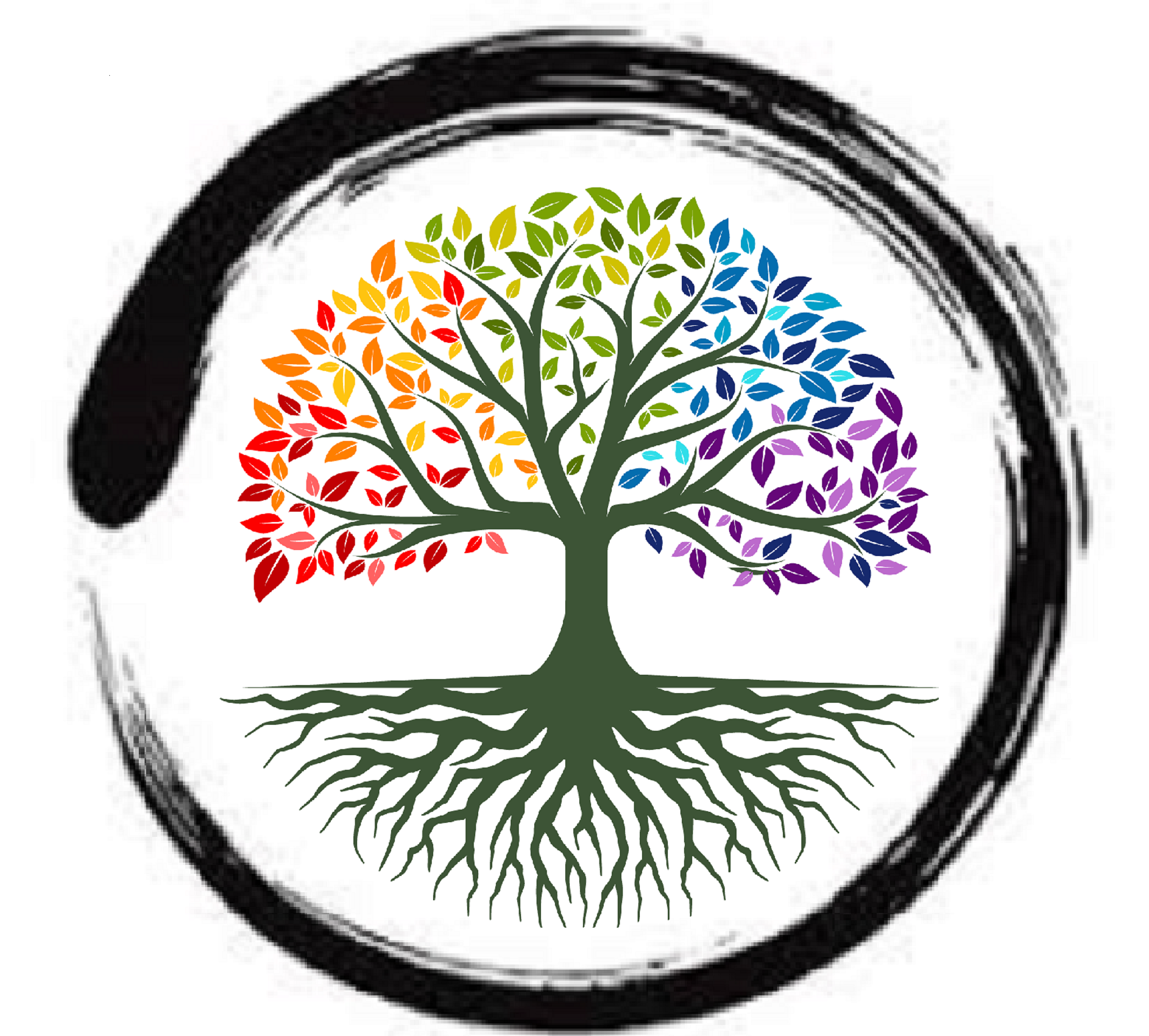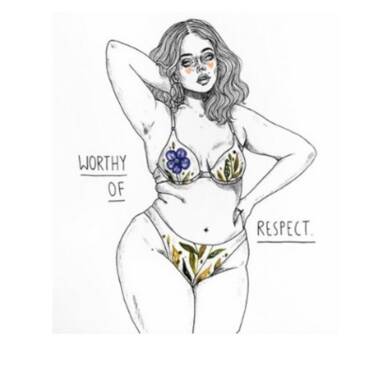“Man is by nature a social animal; an individual who is unsocial naturally and not accidentally is either beneath our notice or more than human. Society is something that precedes the individual.”
Aristotle
We are by nature social, even if we identify ourselves as introverts and prefer to spend time alone we still need others. However, quite often we find ourselves in relationships that take more than what they give but there might be love, or we might think there is, there might be good times or we might overlook the bad. And these relationships are not only romantic; we form relationships with our family and friends, with our neighbours and other acquaintances, with our colleagues and clients and so on.
When these relationships are with people who are close to us and affect our wellbeing in a negative way, we might not always be able to recognise their impact on us or we might find ourselves trapped in wishful thinking that problems will magically resolve themselves.
After all, people do change, don’t they? Or so we would like to believe. It is true that sometimes people change, we all change as we gain more experiences and we mature through them, and of course we all change if we really want to. But sometimes, people don’t wish or can’t change. Sometimes we must make hard choices but first comes awareness.
If you have ever wondered whether you are in a toxic relationship or if you are simply looking for the signs of a toxic relationship so you don’t fall a victim of this, have a look at the “10 signs of a toxic relationship” listed below.
- Lack of healthy communication. Have you ever wondered what makes people stay together for a long time? Of course, we can never agree with other people100% of the time but as long as we can communicate with them, we feel valued and respected, we are able to find solutions and at least meet in the middle.
On the other hand, when you feel like you can’t express your thoughts openly, when you find yourself agreeing to something you don’t like simply to keep the peace, when you feel like the other person doesn’t listen to you or reacts with hostility when you express your opinion, it might be a case of a toxic relationship where conflicts are just ignored at the end and never resolved.
- Chronic disrespect. Sometimes it’s hard to draw boundaries on disrespect, especially when it is from people we love. We all have our off-days after all and when should we give a second chance is a question that intrudes everyone’s mind. In cases, of chronic disrespect however, the patterns give you the signs you need. A partner who forgets your birthday once, might have done so by mistake but what if your partner never attends or remembers any important events in your life? What if you are never a priority? Another example could be a partner who looks at other people romantically, maybe doing so once can be forgiven but what if he or she keeps on doing it even after you have expressed how it makes you feel?
- Chronic Anger. It can be caused by an underlying disorder, be a symptom of depression, be triggered by increased stress, financial issues, family problems etc. or it can be used to control others and it’s as bad for the angry person as it is for those around him/her. But the cause of it should never be used as an excuse.
It can be outward, thus being expressed by shouting, cursing, throwing or breaking things or being emotionally or physically abusive towards people and animals in the person’s environment.
Or, it can be inward, that is being directed towards oneself and being expressed through acts of self-harm and self-neglect.
Or, it can even be passive and be expressed through sarcasm, snide remarks, unwelcome humour, the renown “silent treatment” and through similar ways.
(Felson,2020)
This behaviour however, can have a detrimental impact on your well being even when it is not life threatening. You can find yourself overthinking about the simplest things in your relationship in an attempt not to cause another argument forgetting that the other’s person reaction is never your fault, especially under these circumstances.
It is your right to live a happy life, feeling safe and secure with the people you choose to have around you and you should never forget that.
If you think your life is in danger though, contact the emergency services in your area immediately (Click here).
For other useful resources on the matter, please click here.
- Controlling behaviours. But aren’t we all controlling you might ask? Yes, indeed, most of us need to feel in control at least to an extent in our lives and this is normal. However, when one’s need of control expands towards other people and boundaries are breached, human relationships become toxic.
It can be a controlling boss, who passes the boundaries of an employer-employee relationship demanding control over an employee’s personal life or a friend who never accepts blame even when at fault. The latter can be expressed as “I’m sorry you feel sad but you caused my anger…” or “you know I get angry when so and so happens or being said”. Controlling people also enjoy being the centre of attention so your needs come second and they insist as much as possible to get things their way(Brennan,2020).
5. Jealousy. Sometimes it makes us feel wanted. He/she must want me to be jealous right? He/she must care? He/she wouldn’t be jealous if he/she didn’t care after all. Jealousy lurks quietly at the beginning of the relationship especially because it makes us feel wanted and valued but we need to be careful because it can be a sign not only of a toxic behaviour that threatens our happiness but of future violence as well.
It can also be a partner who asks you to change your clothes, who doesn’t allow you to wear make up or too much make up, who stops you from improving yourself spiritually, academically, physically out of fear that you will leave when you become better. Further, it can be a partner who goes through your phone and monitors your communication with other people, who monitors your activity on social media and the list can go on forever.
6. It’s a one-sided relationship. I am sure you have heard the saying “It takes two to tango” and the same is true for relationships. But what if you are the only one putting all the effort for everything? What if you are the one who always or most often initiates communication, who remembers important events, makes plans for quality time together, shows affection and care, works on resolving every single argument even when it’s not caused by you. The other person might still give you signs that they are interested in you or that they even love you but “this” might not be their “style”, “the way they do things” so you let it pass. But for how much longer do you think you can take it? For how much longer will you be the one who puts in all the effort in your relationship? And most importantly, what is going to happen when you need someone to lift you up, when you have no energy left in you, who will be there for you? And relationships must involve an equal exchange in everything because even the strongest among us need help sometimes.
7. Lying and Cheating. Every relationship is different and some people don’t mind having more liberal relationships and this is fine as long as all involved parties agree to it but what happens when you have agreed to a monogamous relationship but your partner cheats on you? Can it be surpassed? Can couples work it out even after one of them has been unfaithful? Of course, it can and it has been done multiple times by a lot of couple but each case is different. We are humans, we all make mistakes but where are the boundaries set in our lives is an important decision only, we can make. Lying can happen in any relationship and it doesn’t only refer to romantic ones. We tend to easily forget about “white” lies we are told or lies we tell to others when faced with small inconveniences but have you thought about the impact all these “white” lies can ultimately have? In the same way you can easily break one small branch but not ten branches stuck together, “white” lies accumulate and break the trust between people.
8. Being isolated. At the beginning of romantic relationships especially, people tend to isolate themselves and prefer to spend “quality time” with each other. As time passes however, a partner who wants you to be isolated by your friends and family or a partner who doesn’t introduce you to his friends and family or doesn’t involve you in events with this family, friends and colleagues can be a warning sign for something bigger.
9. Feeling worse when you are around them. Have you ever started your day wanting to do a million things? Having goals and plans clearly set out and then suddenly once you are around that person you feel drained. You don’t feel like doing anything. You think your depression just kicked in again even though deep down you know it’s not you, the atmosphere in the room seems worse when they are around. “I didn’t realise he was sucking the life out of me. His willingness to help me with the difficulties I faced ultimately paralyzed my ability to help myself and his willingness was nothing but a tool to manipulate me. He never really helped with anything but somehow I would believe his words and not his actions” Jenna says.
Relationships are supposed to be empowering, help you flourish, support you to become the best version of yourself not deprive you from joy and happiness. Life is cruel enough as it is, let’s make it better not worse.
10. Lack of support. Support can take many forms and it does refer to most types of human relationships. Sometimes we caught ourselves in relationships where we constantly support others but no one or only a few people support us back. It can be a friend, whom you have supported financially, emotionally and in every other way possible but when you need help you are only faced with fake promises and you are let down. Or it can be a partner who doesn’t believe you can achieve your dreams and aspirations, who doesn’t think that you are worthy and good enough as you are or they disappear when you need them the most.
However, you must be aware but the list is not exhaustive and when something doesn’t feel right, it most likely isn’t, so trust your gut. Does this mean that you must cut all ties with the toxic person?

How about detoxing a toxic relationship?
There are some great ways to detox a relationship, such as:
- Enhance communication. Inform the person about the way they make you feel and about what you think about your relationship. Re-assuring the person that you genuinely want to find solutions is always a great idea as long as this reflects your true intentions. Work with the other person on how you can make changes happen, what support you or they need and how can this be materialised. Writing it down or creating a craft book with ideas to be implemented can be helpful too.
- Practice self-care. If you were in an emergency, you would first save yourself, because indeed how can you be helpful to others if you don’t? When we are in a toxic relationship for a long time, we often lose ourselves so starting looking after yourself again is important. It can take the form of eating healthy, exercising, taking a bath, going for a walk, meet your friends/family, find a new hobby or start up again an old one and anything else that makes your heart happy.
- Create some distance. Having some time apart so you get time to decide what your feelings are for the person and the other party has time to consider their behaviour and potentially change it.
Further, sometimes people affect us in way we can’t control and we don’t always realise. It can be when we adopt others’ opinion and world views losing our identity. Detaching emotionally from other people will give us the time and space we need to clear our mind.
- Consider your role in the relationship. A relationship is one of two parties but this isn’t to blame you for someone else’s actions but rather allow you to consider what is your impact on the relationship and how your actions or reactions affect the relationship.
- Getting professional help is always a solution. An experienced therapist or counsellor will be able to help you personally and/or together with your partner.
(Dr.Marks,2018)
It might look overwhelming when you realise you are in a toxic relationship and become aware of the impact it has on your wellbeing and life but there is a solution and this lies in your hands. Even if things feel rough at the moment, focus on fixing one thing at a time and ultimately every single thing will come together to build the life you always dreamed of.
References
Dr. Marks 2018 [Online] Available at: https://www.youtube.com/watch?v=XxtSVM1c_HU [Accessed 6 July 2021]
WebMD.2020. Sabrina Felson.[ONLINE] Available at: https://www.webmd.com/men/guide/anger-management .[Accessed 6 July 2021].
WebMD,2020. Dan Brennan [online] Available at: https://www.webmd.com/mental- health/signs-controlling-behavior . [Accessed 6 July 2021]




Add Comment